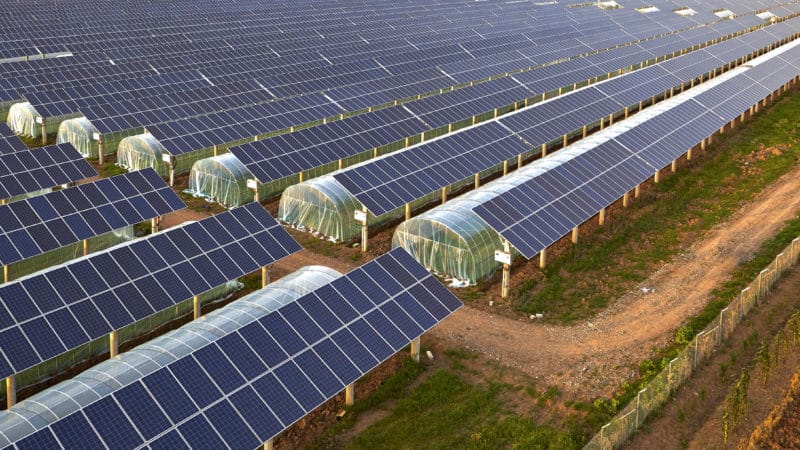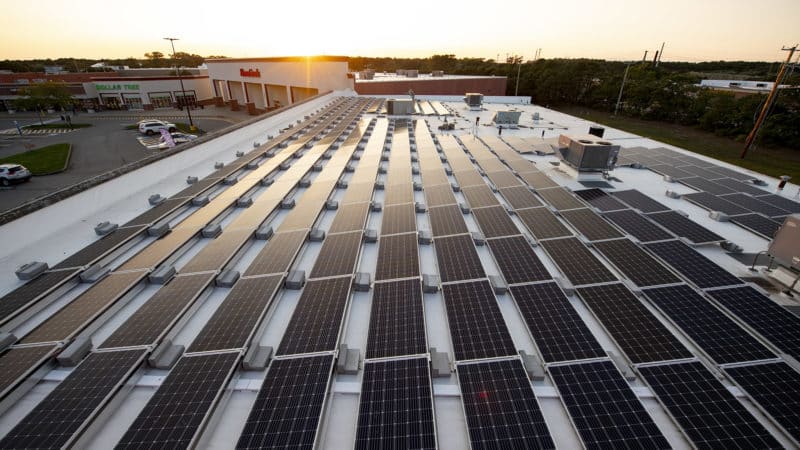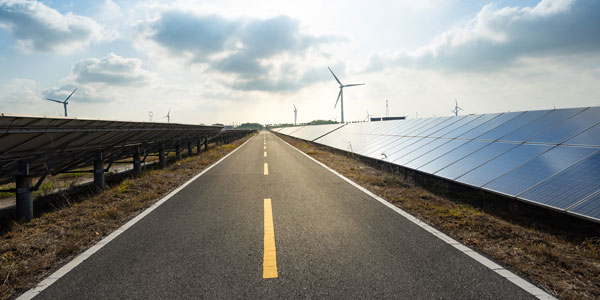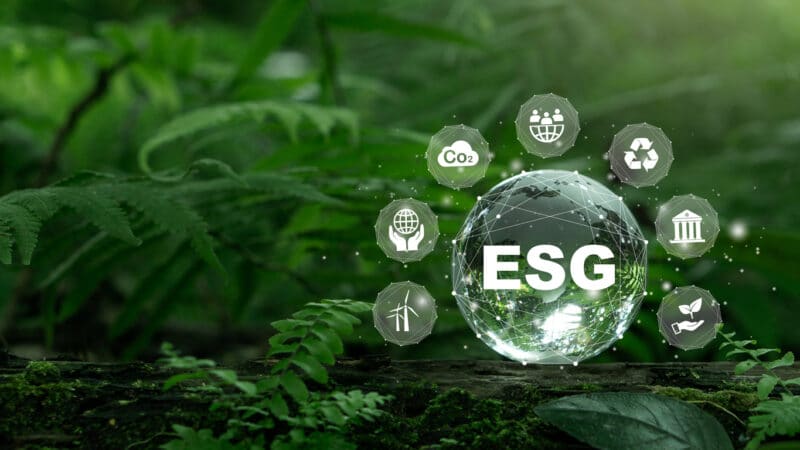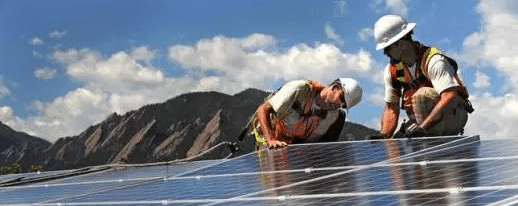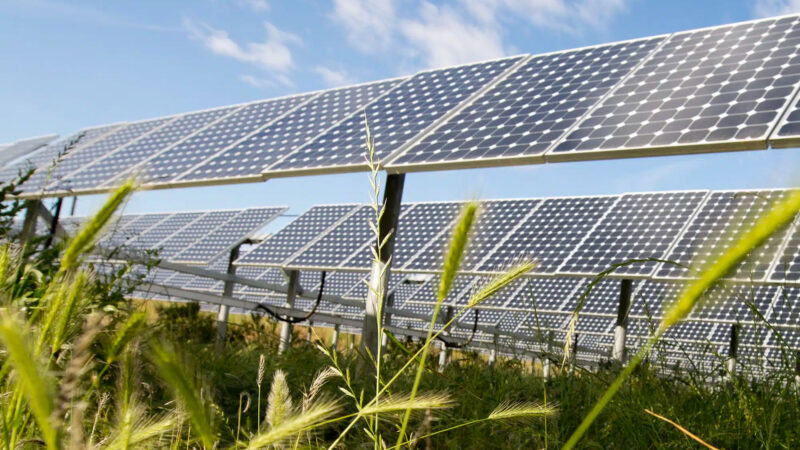Five Ways to Market Renewable Energy with Radical Consistency
At CPMG, we often get asked about the need to revise clean energy marketing plans in the wake of the Administration’s statements and actions. The truth is, no one knows where we are headed when it comes to clean energy policy. And if what we’ve seen to date regarding issues like tariffs is any indication,

